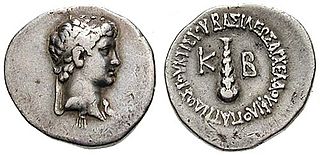 W
WArchelaus was a Roman client prince and the last king of Cappadocia.
 W
WConsort Ban, or Ban Jieyu, also known as Lady Ban (Pan), was a Chinese scholar and poet during the Western Han Dynasty. Jieyu (婕妤) was a title for a third-rank palace lady, one rank below the Zhaoyi and two ranks below the Empresss. Her personal name is not known.
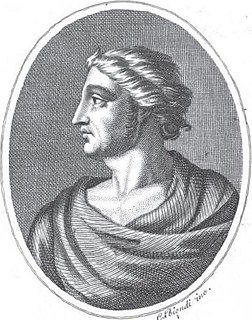 W
WCaecilius, of Calacte in Sicily, Greek rhetorician, flourished at Rome during the reign of Augustus.
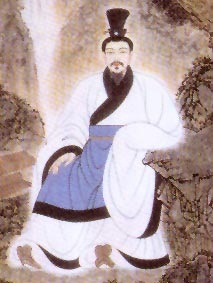 W
WCh'in Chia also known as Qin Jia was a Chinese poet of the Eastern Han dynasty.
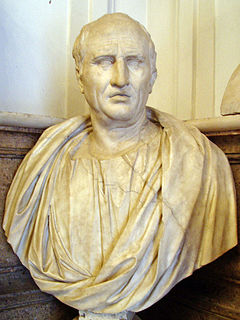 W
WMarcus Tullius Cicero was a Roman statesman, lawyer, scholar and Academic Skeptic who played an important role in the politics of the late Roman Republic and in vain tried to uphold republican principles during the crises that led to the establishment of the Roman Empire. His extensive writings include treatises on rhetoric, philosophy and politics, and he is considered one of Rome's greatest orators and prose stylists. He came from a wealthy municipal family of the Roman equestrian order, and served as consul in 63 BC.
 W
WLucius Cornelius Balbus was a Roman politician and general of Hispanian origin. Although from a family of naturalized foreigners he did valuable services for the early Roman Empire and also contributed to public architecture of its capital.
 W
WCornificia was a Roman poet and writer of epigrams of the 1st century BC.
 W
WDionysius of Halicarnassus was a Greek historian and teacher of rhetoric, who flourished during the reign of Augustus Caesar. His literary style was Atticistic—imitating Classical Attic Greek in its prime.
 W
WGeminus of Rhodes, was a Greek astronomer and mathematician, who flourished in the 1st century BC. An astronomy work of his, the Introduction to the Phenomena, still survives; it was intended as an introductory astronomy book for students. He also wrote a work on mathematics, of which only fragments quoted by later authors survive.
 W
WQuintus Horatius Flaccus, known in the English-speaking world as Horace, was the leading Roman lyric poet during the time of Augustus. The rhetorician Quintilian regarded his Odes as just about the only Latin lyrics worth reading: "He can be lofty sometimes, yet he is also full of charm and grace, versatile in his figures, and felicitously daring in his choice of words."
 W
WGaius Julius Caesar was a Roman general and statesman who played a critical role in the events that led to the demise of the Roman Republic and the rise of the Roman Empire.
 W
WGaius Licinius Macer was an official and annalist of ancient Rome.
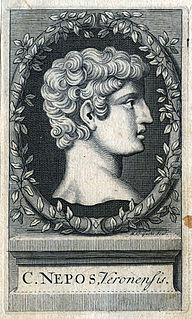 W
WCornelius Nepos was a Roman biographer. He was born at Hostilia, a village in Cisalpine Gaul not far from Verona.
 W
WPublius Ovidius Naso, known as Ovid in the English-speaking world, was a Roman poet who lived during the reign of Augustus.
 W
WPosidonius "of Apameia" or "of Rhodes", was a Greek politician, astronomer, astrologer, geographer, historian, mathematician, and teacher native to Apamea, Syria. He is most remembered as a philosopher, initially as a Stoic, but ultimately rejecting Stoicism to become an Aristotelian.
 W
WMarcus Terentius Varro was one of ancient Rome's greatest scholars and a prolific author. He is sometimes called Varro Reatinus [ˈwarːoː reaːˈt̪iːnʊs] to distinguish him from his younger contemporary Varro Atacinus.
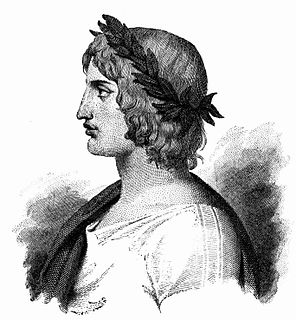 W
WPublius Vergilius Maro, usually called Virgil or Vergil in English, was an ancient Roman poet of the Augustan period. He wrote three of the most famous poems in Latin literature: the Eclogues, the Georgics, and the epic Aeneid. A number of minor poems, collected in the Appendix Vergiliana, are sometimes attributed to him as well.
 W
WZhuo Wenjun was a Chinese poet of the Western Han dynasty. As a young widow, she eloped with the poet Sima Xiangru. The poem Baitou Yin which complains at the inconstancy of male love, is attributed to her.